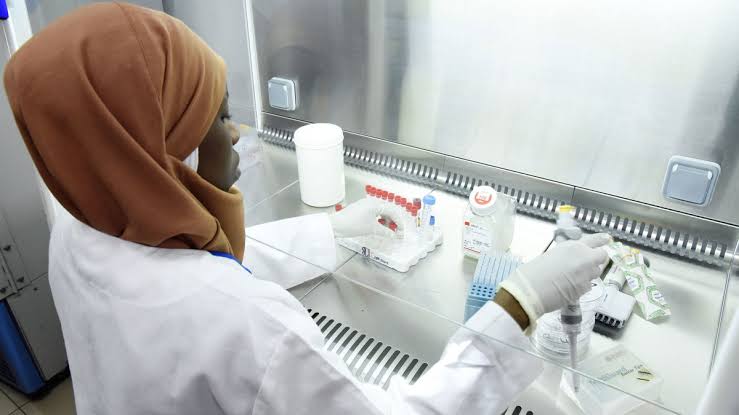Scientists in Senegal have started validating inexpensive, rapid test kits that could make the fight against the coronavirus in Africa a lot simpler.
SEE ALSO: Ecuador Sees “Sharp Drop” in Foreign Trade Due to COVID-19
The test kits would show results within 10 minutes and are expected to be available in June, Ousmane Faye, head of the virology department at Institut Pasteur de Dakar, said on Tuesday.
“African countries could then afford the test kit at a low price,” he said.
The test kit consists of an antigen test and an antibody test.
The antigen test can detect protein fragments of the coronavirus from nasal swabs or saliva, whereas the antibody tests use tiny blood samples to detect signs of prior viral infection.
The institute is validating the test kits, which were developed by a British company Mologic. They will be manufactured by the diaTropix disease testing facility in Senegal.
According to Mologic, the device would allow for users to test at home and provide a result within 10 minutes without the need for special training, electricity or a laboratory.
The company said this will be the first time that a diagnostic kit created in Britain would be jointly manufactured in Africa.
According to the World Health Organisation (WHO), the lack of coronavirus tests is now one of the biggest problems on the African continent.
Kenya, for example, has only been able to test 1,000 samples a day whereas laboratories in Germany are able to test more than 150,000 a day, according to the Robert Koch Institute.

